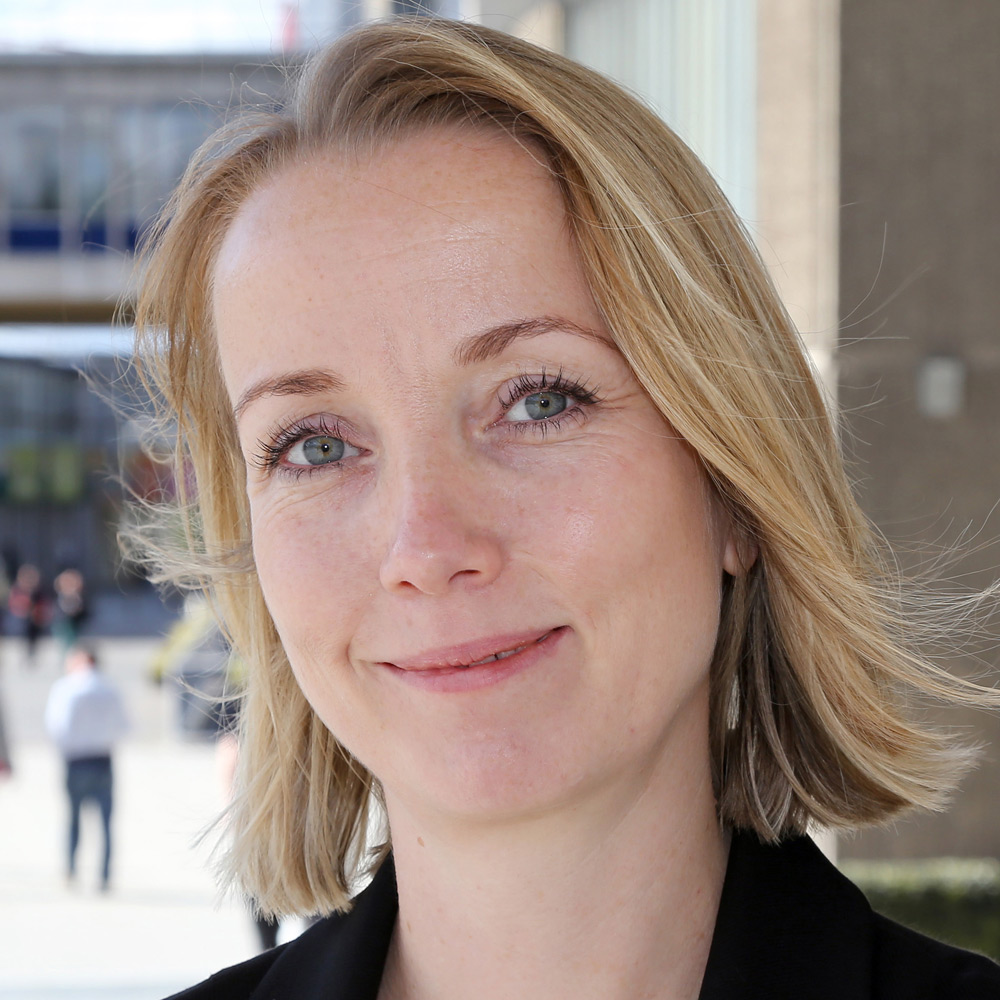Victims of Homophobia and Transphobia
Many LGBTQ individuals grow up with a sense of being ‘other’ in a heteronormative society. As a result, many LGBTQ individual may develop internalised homophobia and transphobia, and consequently feelings of shame. This, however, is not just an internal experience, as many LGBTQ individuals report being recipients of hostility, victimisation and harassment. Homophobia and transphobia may contribute to mental health problems in some LGBTQ individuals. Interpersonally, homophobia and transphobia (both actual and internalised) may play out between partners and inhibit partners from commonplace displays of affection (e.g. holding hands in public). Holding hands in public, a taken-for-granted act of interpersonal affection for many heterosexual couples, may carry particular anxieties and/or significance for LGBTQ partners. Holding hands may be experienced with feelings of anxiety, shame and fear, or, conversely, may be regarded as a significant and meaningful act of pride and/or resistance.
Personal experiences
To explore participants personal experiences of this, the project is utilising a participatory, creative research approach. The project involves the following components: Study participants are invited to produce images (e.g. photographs or drawings) that symbolise and represent their experiences, and to use these images as a point of discussion in individual interviews. Further data is also being collected by inviting participants to conduct audio-recorded friendship conversations with a close friend about this topic.
Project website
Narrative stories and accompanying images will be collected not only for research analysis, using a psychosocial approach, but also to be used for public engagement by creating a project website showcasing images and stories, with the aim to raise awareness and challenge possible prejudices. The website is being developed in consultation with Mr Matthew Todd, a journalist and LGBTQ activist, and author of the book Straight Jacket: Overcoming Societies Legacy of Gay Shame. The website will showcase both negative and positive stories of prejudice and harassment, shame and anxiety, protest, and pride. The website aims to communicate the issues to a wide public audience and will include opportunities for visitors to submit feedback comments.
Funding
The project is funded by a British Academy/Leverhulme Small Research Grant.




